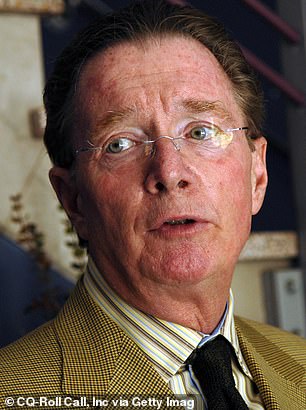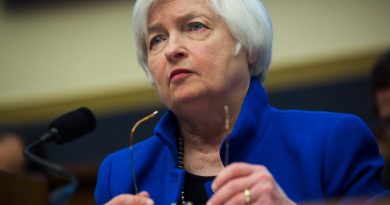The Fraternal Order of Police is excluded from new police reform plans
America’s biggest police union is EXCLUDED from discussions on sweeping new reform plans for dealing with cops accused of misconduct
- The Fraternal Order of Police, the largest police unions in the U.S., was barred from discussions on a new police reform plan
- The plan was ironed out by members of the AFL-CIO, the International Brotherhood of Teamsters and Service Employees International Union
- John Paul Smith, a United Steel Workers staffer, said local FOP leaders’ ‘incendiary rhetoric’ made labors’ job more difficult
- The plan would require officers to intervene when they see a colleague in the police union engaging in harmful practices
- Jim Pasco, the executive director of the Fraternal Order, said he was ‘fascinated by the plan,’ but does not ‘have anything to say about it’
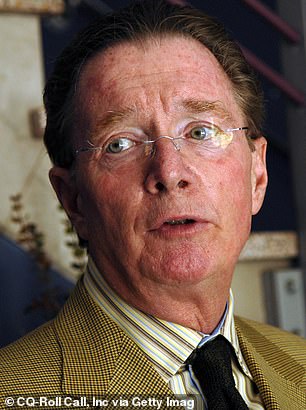
The Fraternal Order of the Police represents 356,000 members in more than 2,100 lodges throughout the country but was not included in the police reform plans. Jim Pasco, executive director for the Fraternal Order of Police, said he was ‘fascinated’ by a proposed police reform plan but does not ‘have anything to say about it’
One of the largest police unions was barred from discussions on a new police reform plan that hopes to end unions’ unquestioning solidarity with officers accused of poor conduct – and encourage cops to intervene if they notice a colleague acting wrongfully.
The Fraternal Order of the Police represents 356,000 members in more than 2,100 lodges throughout the country but was not included in the police reform plans developed by the AFL-CIO, International Brotherhood of Teamsters and Service Employees International Union.
John Paul Smith, a United Steel Workers staffer who served as a police officer for four years told CNN that local FOP leaders’ ‘incendiary rhetoric’ made labors’ job more difficult over the past year.
Jim Pasco, the executive director of the Fraternal Order, said he was ‘fascinated by the plan,’ but does not ‘have anything to say about it.’
The plan would require 250,000 law enforcement professionals and more than 100,000 members in ‘police adjacent’ professionals to become ‘active bystanders,’ challenging local police unions to decide the merits of an officer’s actions when deciding whether to defend them.
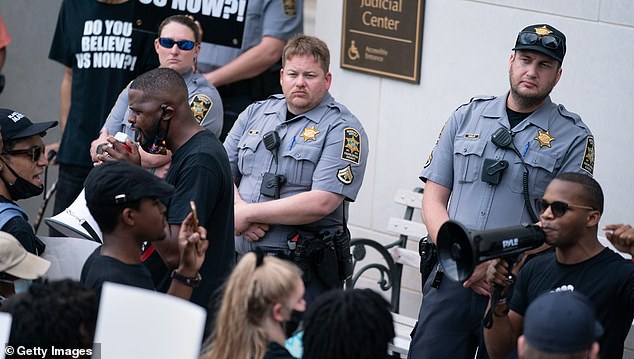
One of the largest police unions was barred from discussions on a new police reform plan that would encourage officers to intervene when they notice another member of their union acting wrongfully. In this picture, police officers in Charleston, South Carolina watched as protestors called for justice for Jamal Sutherland who was shocked with a stun gun
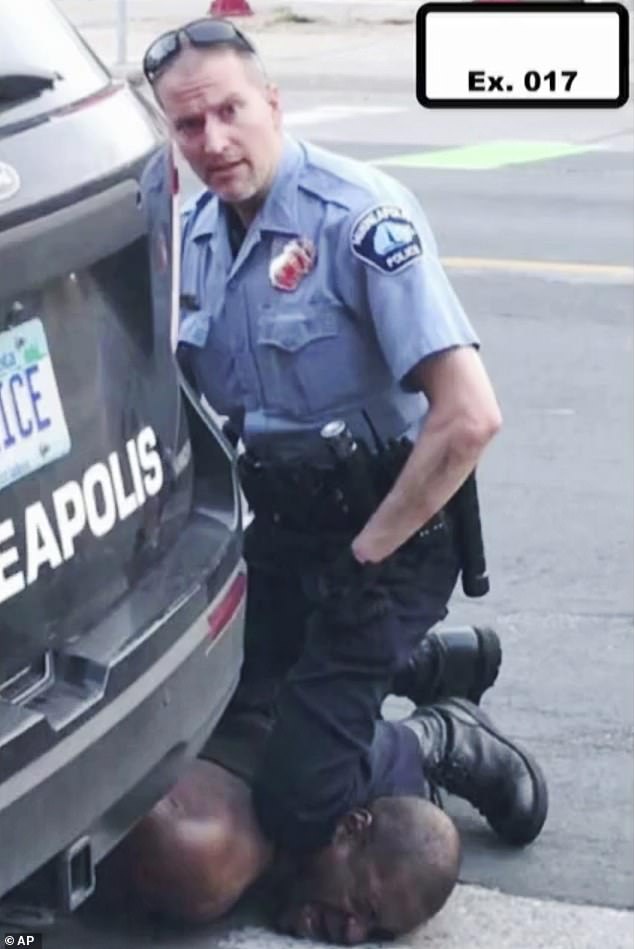
Minneapolis Police Officer Derek Chauvin was filmed pressing his knee up against George Floyd’s neck for more than nine minutes. He was convicted of Floyd’s murder last month
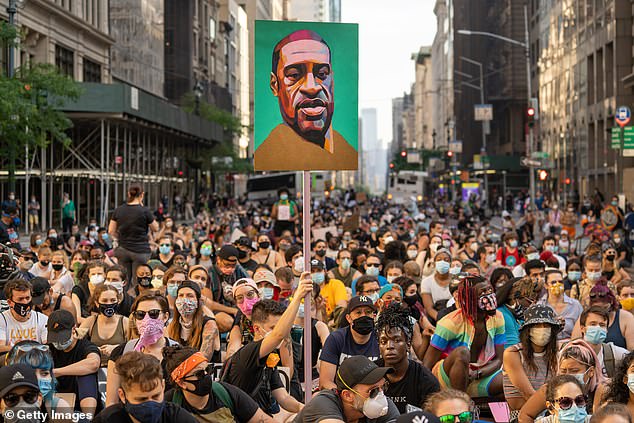
Floyd’s death led to renewed calls for police reform, with protests against police brutality like the one seen here held throughout the country
It was designed to ’empower local union members to speak up and take action if their fellow members are violating their oath or abusing their power, and ultimately helps the union weed out wrong-doers from union membership,’ according to a copy of the plan CNN obtained.
‘Public safety professionals and our unions have duty to call out the wrong-doers and actions that harm people in our communities, and in doing so, the integrity of our profession’ it reads.
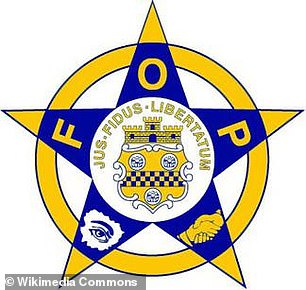
The Fraternal Order of Police, one of the nation’s largest police unions, was barred from police reform discussions
‘We can no longer stand idly by, or defend transgression when those who fail to uphold their oath and duty take actions that stain the work of law enforcement.’
Officials noted in the blueprint that they would likely encounter backlash for the plan, which was developed in response to the police-involved killing of George Floyd in Minneapolis last year, as it is rolled out.
The success of the program, they said, would hinge on details that have not yet been ironed out, but the committee that developed the blueprint for the police reform act would continue to meet.
‘We’re not trying to be a tattletale squad on every little thing that happens on the job, but the point is you establish a set of standards and expectations of what it means to be a union professional, and when members see something doesn’t comport, they have a process in place that can remedy that,’ said Liz Shuler, who co-chaired the union committee.
‘Right now, 95 percent are sitting silently back while 5 percent don’t do right by union values,’ she added. ‘This empowers the 95 percent and reclaims the notion of what it means to be a professional.’

